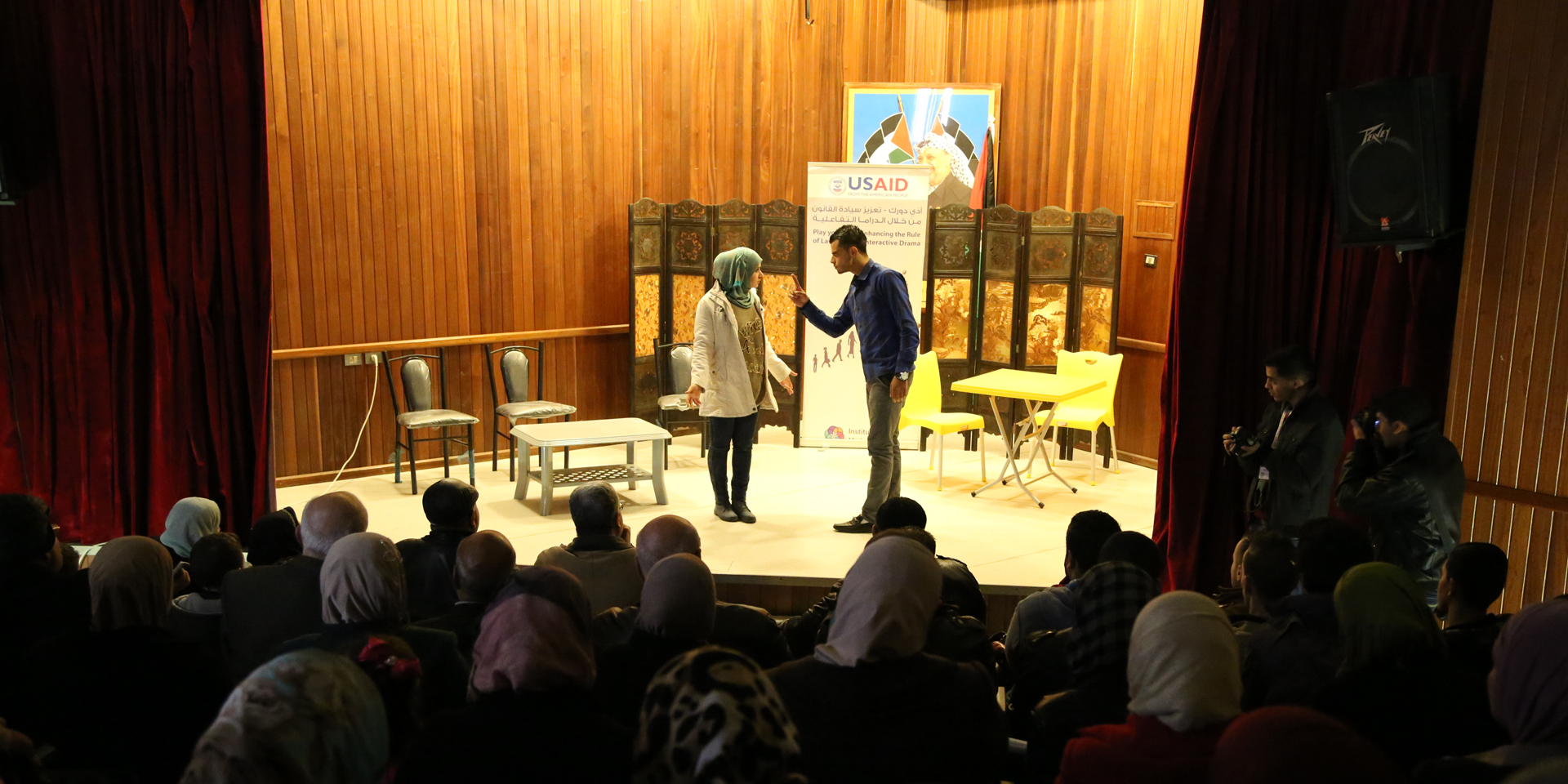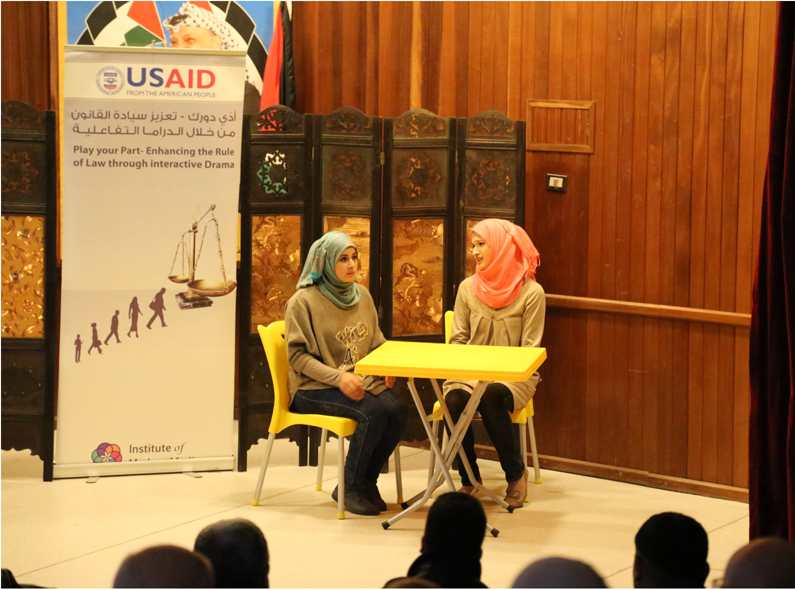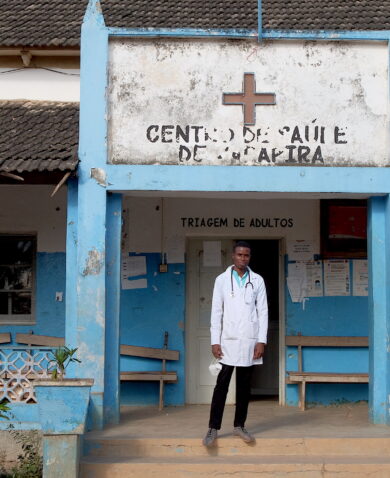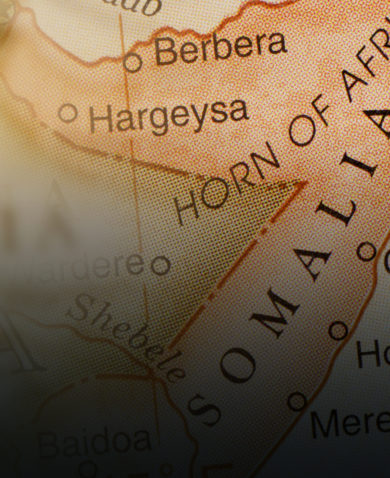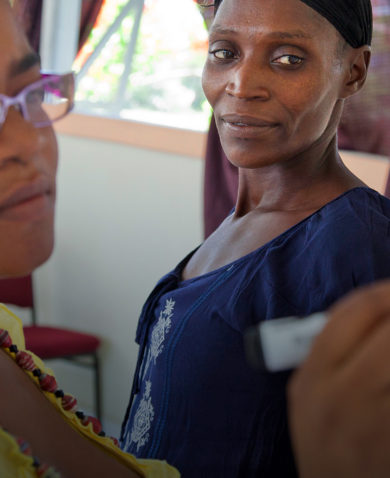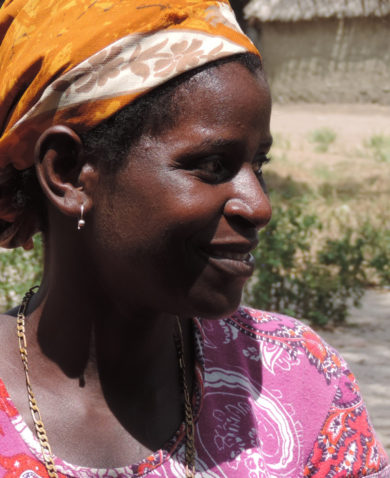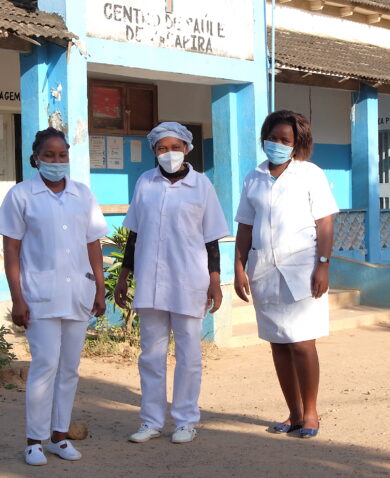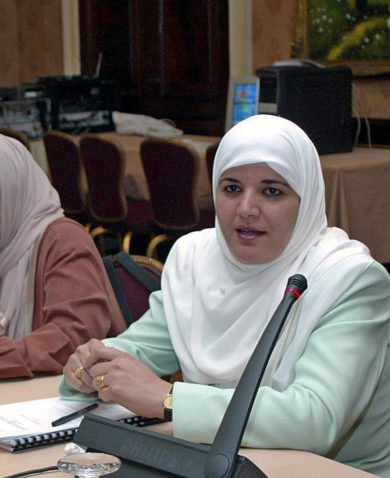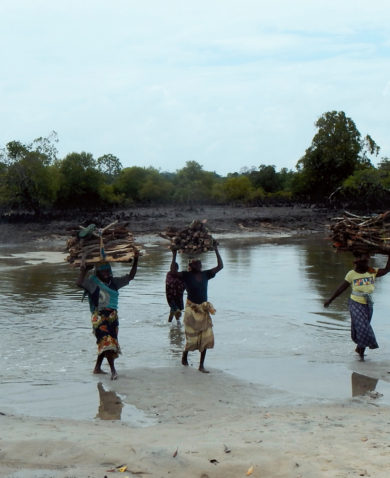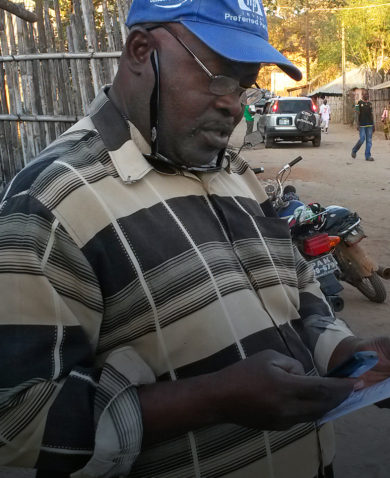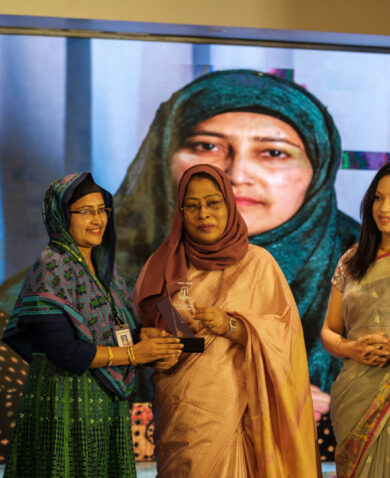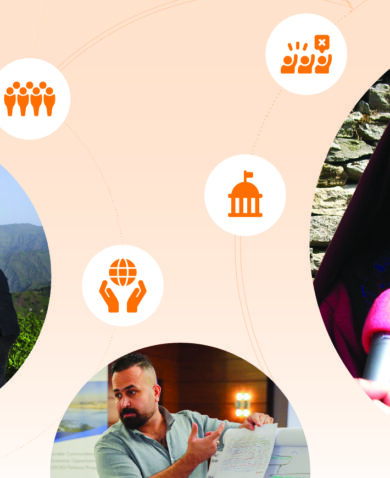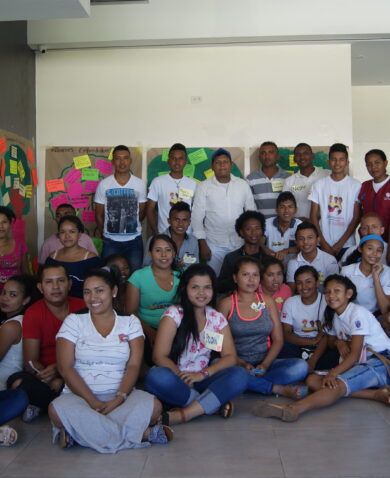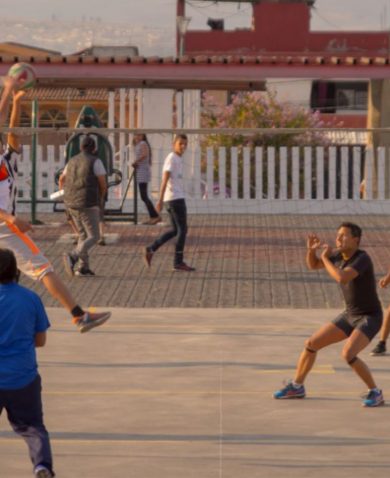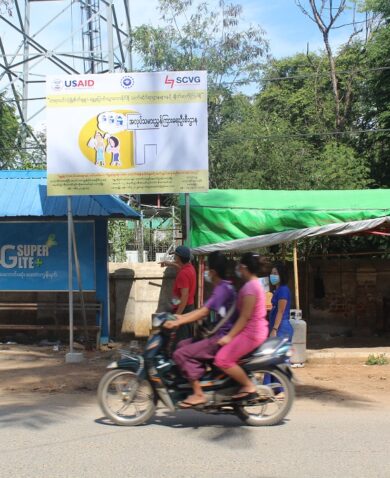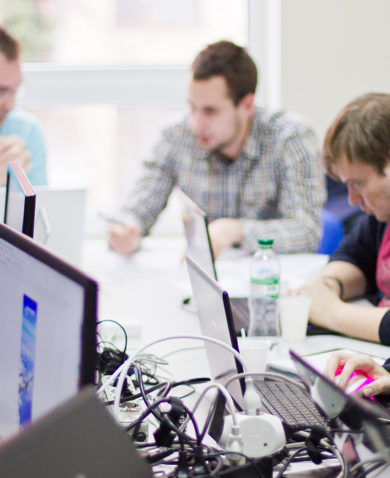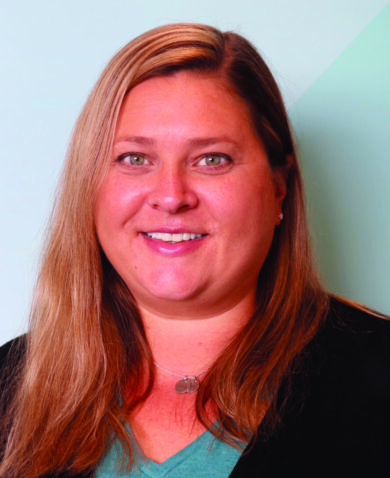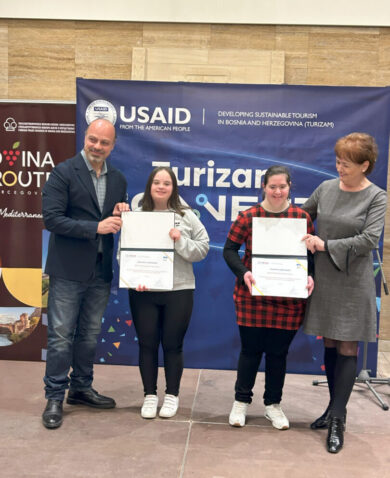Keeping these contextual factors in mind, the EPJP staff decided that the forum theater approach would provide the ideal safe environment to encourage citizens to talk more openly about the sensitive issue. As part of a grant program called “Play your Part,” EPJP partnered with the Institute for Modern Media (IMM) to lead a series of forum theater performances to spur conversations about GBV.
In all, IMM led five performances in Hebron University, Al-Quds University, Nablus Municipality, Qalqilya Municipality, and Ramallah. IMM promoted the plays with posters, local advertisements, and Facebook posts. Each performance included a 30-minute play followed by 30 minutes of discussion with the audience to debate and act out alternative endings. A professional advisor served as mediator and helped facilitate the discussion that, among other things, highlighted different services offered by Palestinian justice sector institutions to deal with GBV. Through the five performances that reached about 320 citizens — a little more than half of them women — 74 percent of audience members reported an increase in awareness about gender-based violence.
A student participant, Moa’ath Seder, noted the value of the heightened awareness brought about by the plays. “This was the first time I heard about something called verbal violence,” she said. “It is very important to highlight this issue. Women deserve respect and deserve to attain their rights.”

